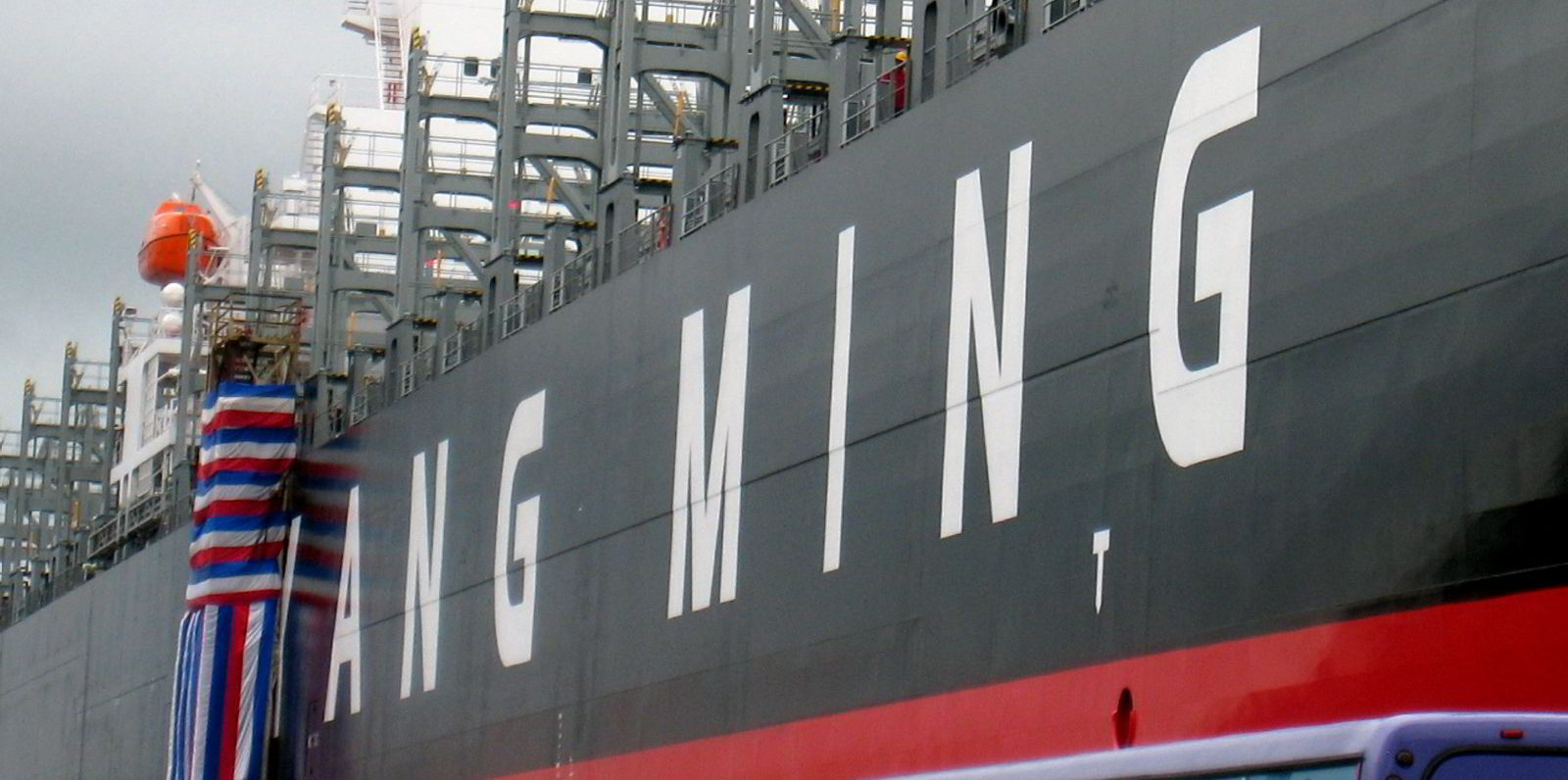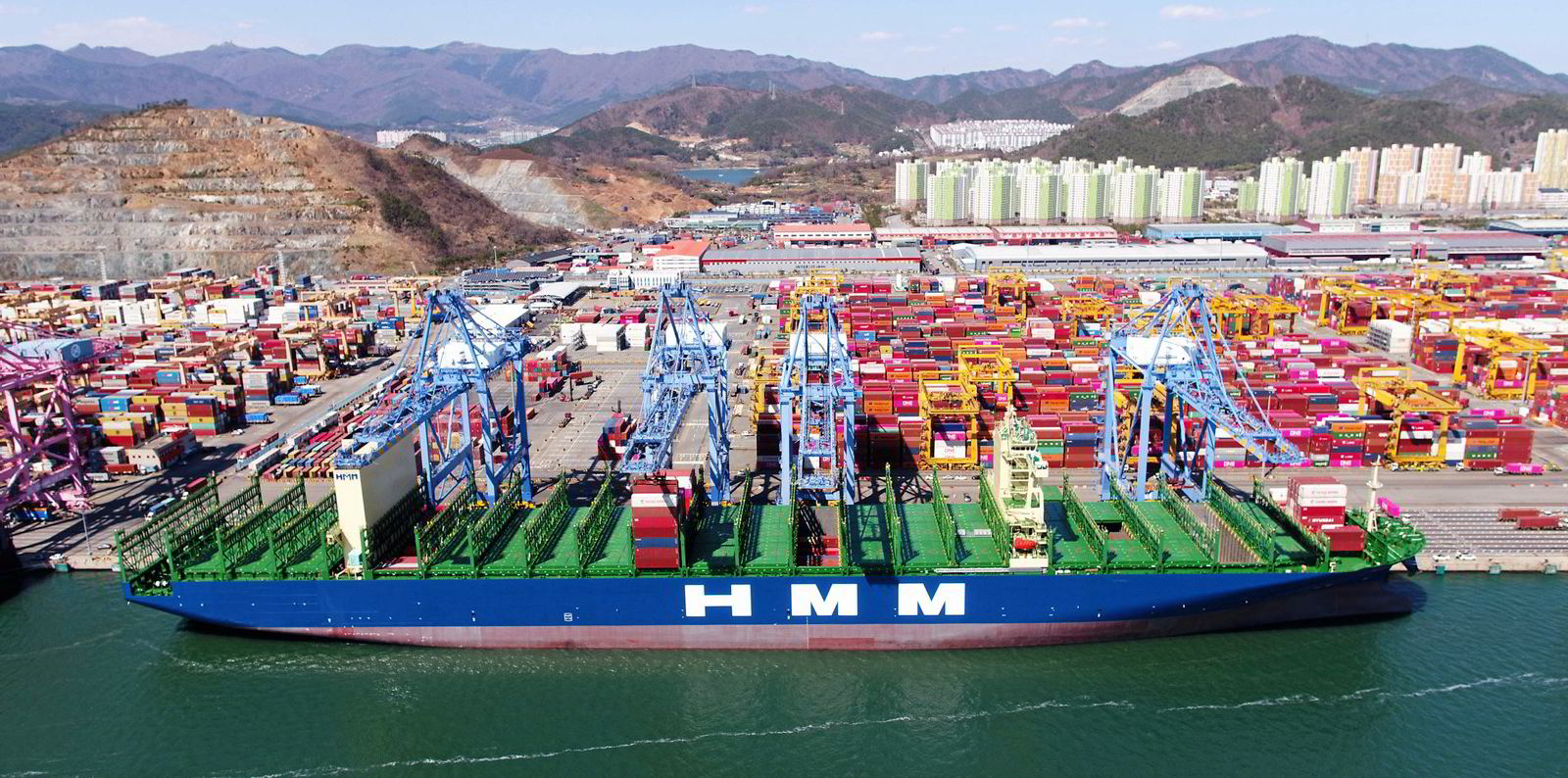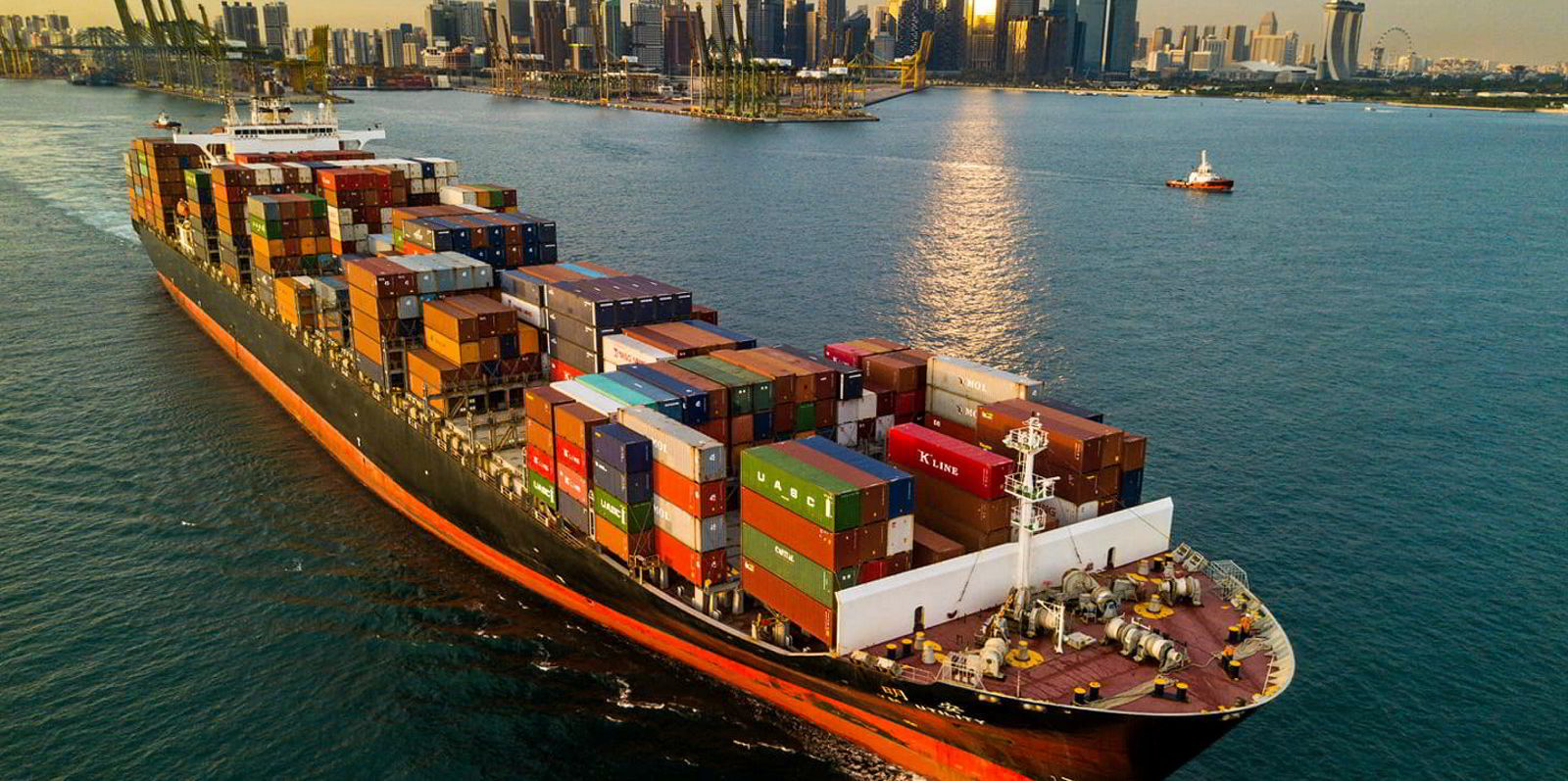Another US shipper has filed a complaint with regulators over an alleged breach of a long-term container shipping contract by two Asian liner giants.
Chicago-based food importer MSRF claimed the actions of South Korea’s HMM and Taiwan’s Yang Ming Marine Transport had cost it dearly by forcing the shipper into the expensive spot market.
Documents submitted to the Federal Maritime Commission (FMC) allege the shipper racked $2.2m in damages after the lines flouted their contractual service commitments.
MSRF said the service contracts from Asia to the US were from May to December 2021. But HMM and Yang Ming “refused to provide more than a fraction of the cargo capacity that the MSRF requested and needs”, the shipper claims.
Instead, HMM provided space for just nine of 25 40-ft equivalent unit (feu) containers, while Yang Ming allocated space for just four of 100 feu, it added.
Carriers allegedly made matters worse by “refusing to perform full commitment even under those limited service contracts, instead forcing MSRF to buy space on the inflated spot market”.
The shipper claims the contracts included minimum quantity commitments (MQC).
But lines breached these “by providing MSRF with hardly any of the agreed allotments of space and instead forcing MSRF to make alternative transportation at substantially – often outrageously – higher spot market prices”, it said.
A container that might have shipped for $2,700 per feu 2019 might have cost $25,000 at the height of the spot market boom.
But the shipper was forced to rush to the spot market as lines went in “pursuit of even more profiteering,” the company added.
A spokesperson for HMM said the company was thoroughly reviewing the facts of the case, while Yang Ming was also contacted.
Alliances in the firing line
The filing takes aim at the ocean carrier alliance system, including The Alliance in which both Yang Ming and HMM are members.
“These collusive ocean alliances provide the incentive and opportunity to coordinate discriminatory practices,” the shipper alleged.
Documentation signed by MSRF president David Reich alleges that carriers “changed their practices in parallel and seemingly coordinate fashion”.
In doing so the operators had “unjustly and unreasonably disrupted the previously stable and well-established structure of the global freight industry”, the company said.
Liners are accused of vastly increasing their profitability at the expense of shippers and the US public, which bears increased freight cost in the form of inflation.

The shippers’ complaint was served to the FMC on 8 June, less than a month after a two-year probe by the US competition body appeared to exonerate liner operators of collusion.
The 65-page report described competition among ocean carriers, among the three major alliances, and among the members in each of these alliances, as “vigorous”.
However, the Global Shippers Forum (GSF) argue that the liner sector remains much more concentrated than perceived by global regulators.
The GSF suggests that competition authorities neglect the extent to which lines from different alliances operate shared services, as permitted under block exemption and other anti-trust immunity provisions.
When these ‘inter-Alliance’ consortia are included as in the modified HHI, the concentration of the market is much higher, it argued.





